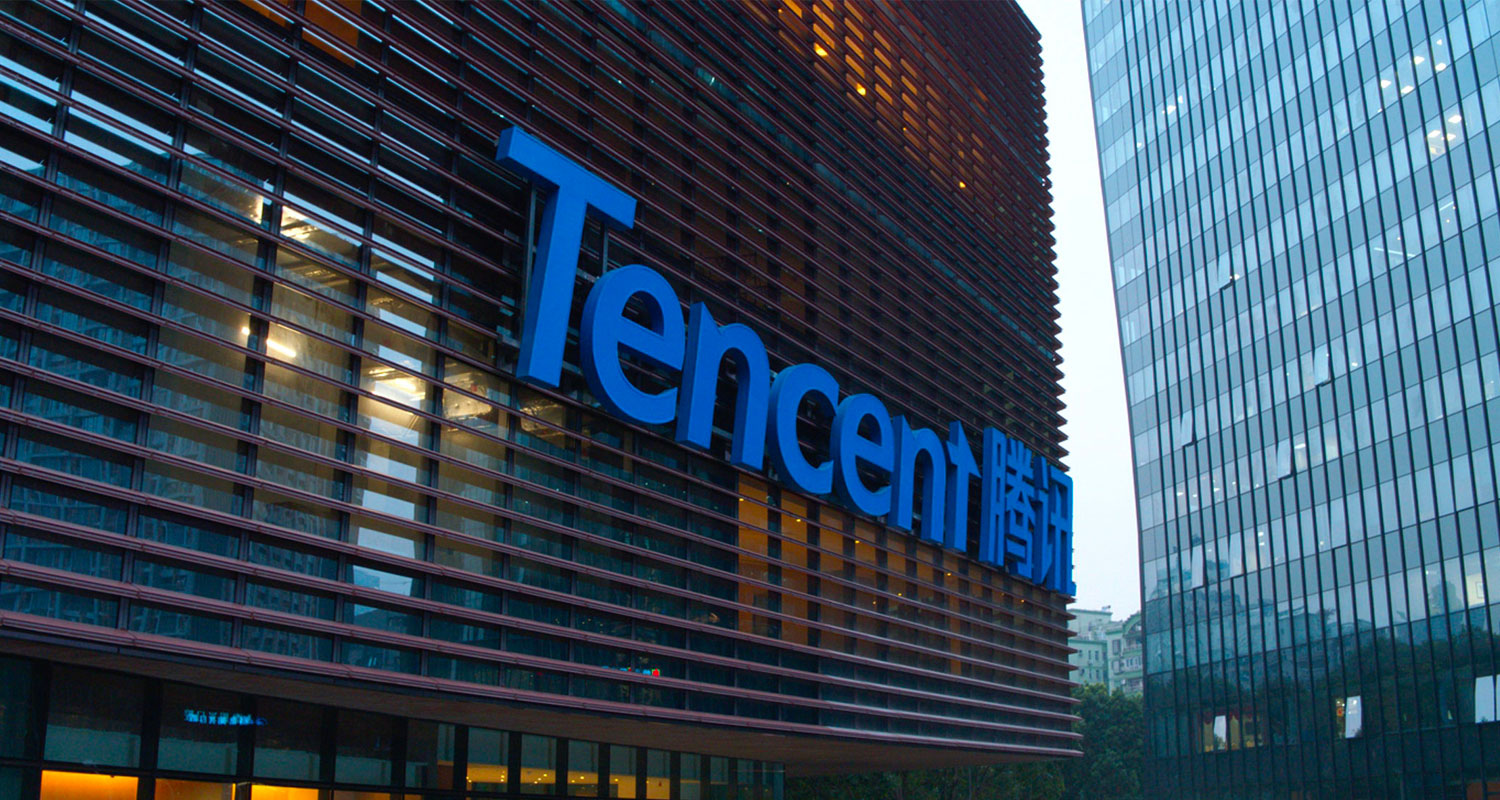 Tencent Holdings’ revenue missed estimates, signalling an uneven recovery for the world’s biggest internet arena as it grapples with rising Chinese economic turbulence and anaemic consumer sentiment.
Tencent Holdings’ revenue missed estimates, signalling an uneven recovery for the world’s biggest internet arena as it grapples with rising Chinese economic turbulence and anaemic consumer sentiment.
The country’s largest company reported a less-than-expected 11% rise in revenue after sales from major divisions including gaming and cloud services fell well short of projections. Online advertising surged 34% — the fastest in almost five years — in part because of algorithmic tweaks and a favourable comparison with last year’s Covid trough.
Its shares slid as much as 2.5% in Hong Kong, their biggest fall in about two weeks. The lacklustre results cast doubt over a long-awaited comeback for an embattled sector whose leaders from Tencent to Alibaba Group barely grew in 2022.
Signs are mounting that the Chinese economy is faltering, a potent risk for tech leaders that traditionally rely heavily on the domestic market. Executives played down the potential fallout from stubbornly weak consumption, arguing that improvements in advertising technology targeting as well as Tencent’s breadth of data and services will help it grow faster than rivals. The WeChat operator, a barometer for the economy and industry through a business portfolio that spans entertainment and social media to finance, sustained double-digit sales growth for the second straight quarter.
“Yes the economy is uncertain, but it’s been uncertain for the past couple of years,” chief strategy officer James Mitchell told analysts on a conference call. “It was uncertain in the first half of this year, and we’ve been able to grow through that and we believe we will keep growing and going forward as we enhance the return on investment to advertisers.”
Read: TikTok parent now makes us much revenue as Tencent
Tencent’s net income rose 41% to C¥26.2-billion (US$3.6-billion) in the second quarter, lagging the C¥32.3-billion average estimate in part because of a C¥3-billion fine levied on its fintech business by regulators. Revenue rose to C¥149.2-billion for the three months ended June, also missing projections.
Tencent and Alibaba: twin stars
Tencent and Alibaba, the twin stars of a once-freewheeling industry, have gained some $50-billion of market value since May’s end, propelled by expectations of a gradual return to the consistent growth they enjoyed before Beijing clamped down on its biggest private corporations and richest entrepreneurs from 2020.
Keen to rejuvenate the world’s second largest economy, the government has in recent months signalled it’s ready to unfetter the sector and conclusively end an era of unpredictable diktats. That’s yet to translate into major policies, while Chinese consumer spending remains muted because of cloudy prospects for growth and employment.
Alibaba last week reported a better-than-expected 14% revenue rise for the June quarter as all its main divisions returned to growth, but warned of economic volatility ahead. JD.com on Wednesday also reported faster-than-anticipated growth after a successful “6.18” summer shopping festival. But retail margins slid, reflecting intensifying competition. Its shares fell more than 4% in early trading in New York.
Read: Tencent in big push to build its own TikTok
Like Alibaba and JD, Tencent faces foes on multiple fronts: old-time rivals like Baidu and Meituan are vying for dominance of the Chinese internet thanks to the emergence of generative AI. Baidu has so far stolen much of the limelight of the post-ChatGPT race, debuting Ernie Bot in March. Tencent’s testing its own large language model among employees and said on Wednesday it plans to unveil a proprietary artificial intelligence model later this year that it believes will be among the country’s best.
 “It’s among the top leading foundation models produced in China,” said Martin Lau, the company’s president, on the second-quarter earnings call. “We are very relentlessly working on the upgrade and iteration to prepare it for launch at some point of time in the latter part of this year.”
“It’s among the top leading foundation models produced in China,” said Martin Lau, the company’s president, on the second-quarter earnings call. “We are very relentlessly working on the upgrade and iteration to prepare it for launch at some point of time in the latter part of this year.”
Abroad, ByteDance and PDD Holdings continue to make strides, building on expansions that began when Alibaba and Tencent were forced to show restraint. Despite rising geopolitical tensions, apps like TikTok and Temu offer a template for older peers seeking to regain pre-crackdown heights.
At home, the Chinese economy is worsening as Beijing grapples with property sector turmoil, rising debt and flagging domestic consumption.
To tide it over, Tencent is intent on reviving mainstay businesses like gaming and advertising, while continuing to push cost cuts. This year, the world’s biggest game publisher debuted blockbusters Valorant and Lost Ark in its home market, filling a long-empty pipeline after censors resumed licensing approvals last year. Executives have declared Valorant its most important game of the year, as Tencent set aside more than $100-million for content and e-sports for the Riot Games shooter over the next three years.
Read: Prosus sells another chunk of Tencent
Such new launches will test a rapidly saturating market, where younger players are increasingly drawn to anime games created by up-and-comers like Mihoyo. The maker of Genshin Impact just scored another hit with its April release of Honkai: Star Rail, which topped download charts in countries from China to Japan and the US.
Tencent’s international gaming revenue rose in the quarter while domestic sales plateaued, reflecting healthier spending abroad. Beijing this year moved to further limit time spent online by minors, adding to already strict gaming curbs.
Read: Tencent’s video transcoding chip enters mass production
“For the first quarter, Honour of Kings offered a load of in-game items to players, a momentum that was hard to keep up in the second quarter,” said Shawn Yang, MD at Blue Lotus Capital Advisors, speaking of Tencent’s mainstay mobile title. “New releases, in the meantime, are not as competitive as those from NetEase and Mihoyo.” — Zheping Huang, with Jane Zhang, Sarah Zheng, Henry Ren, Mayumi Negishi and Peter Elstrom, (c) 2023 Bloomberg LP




